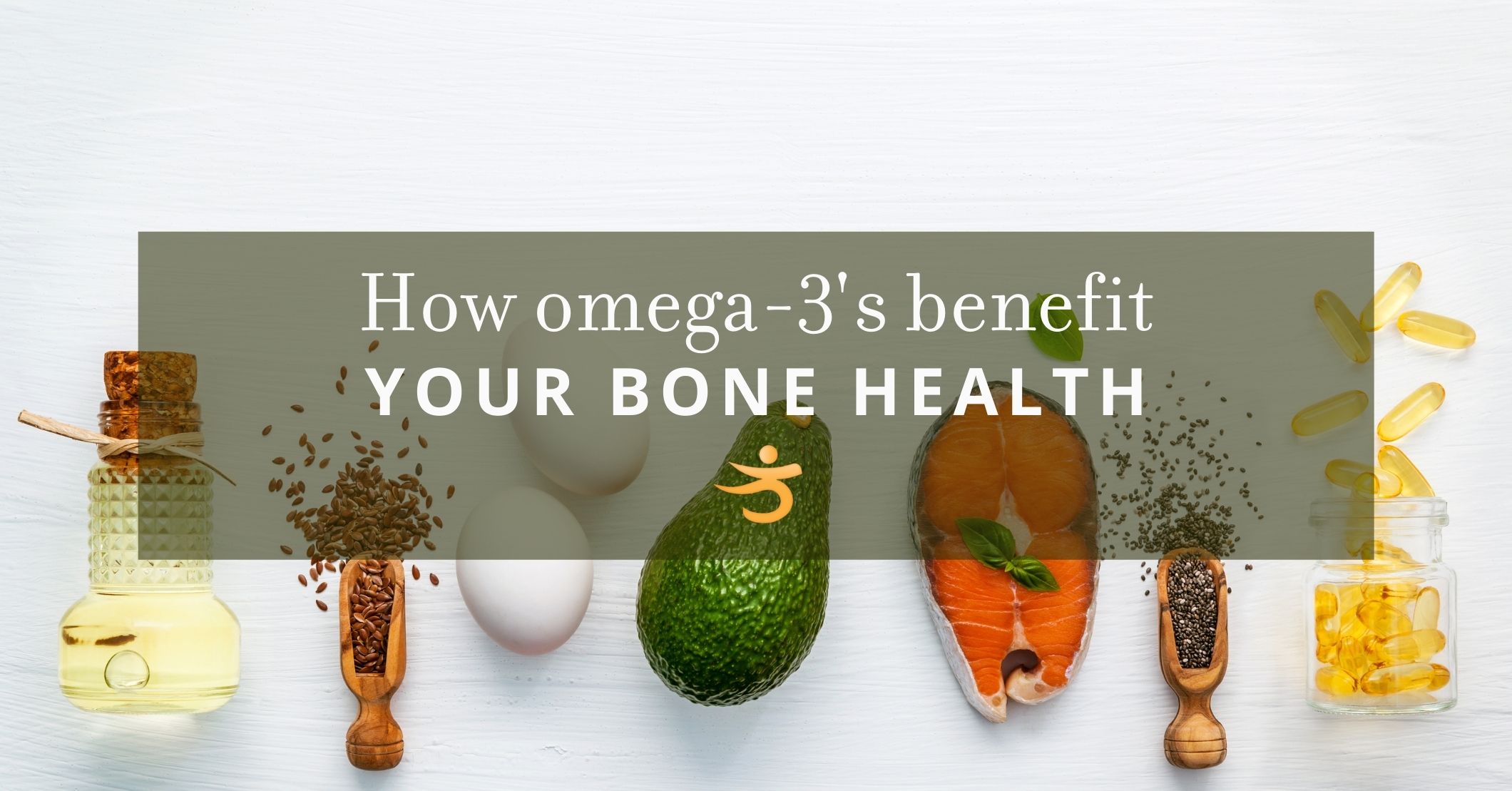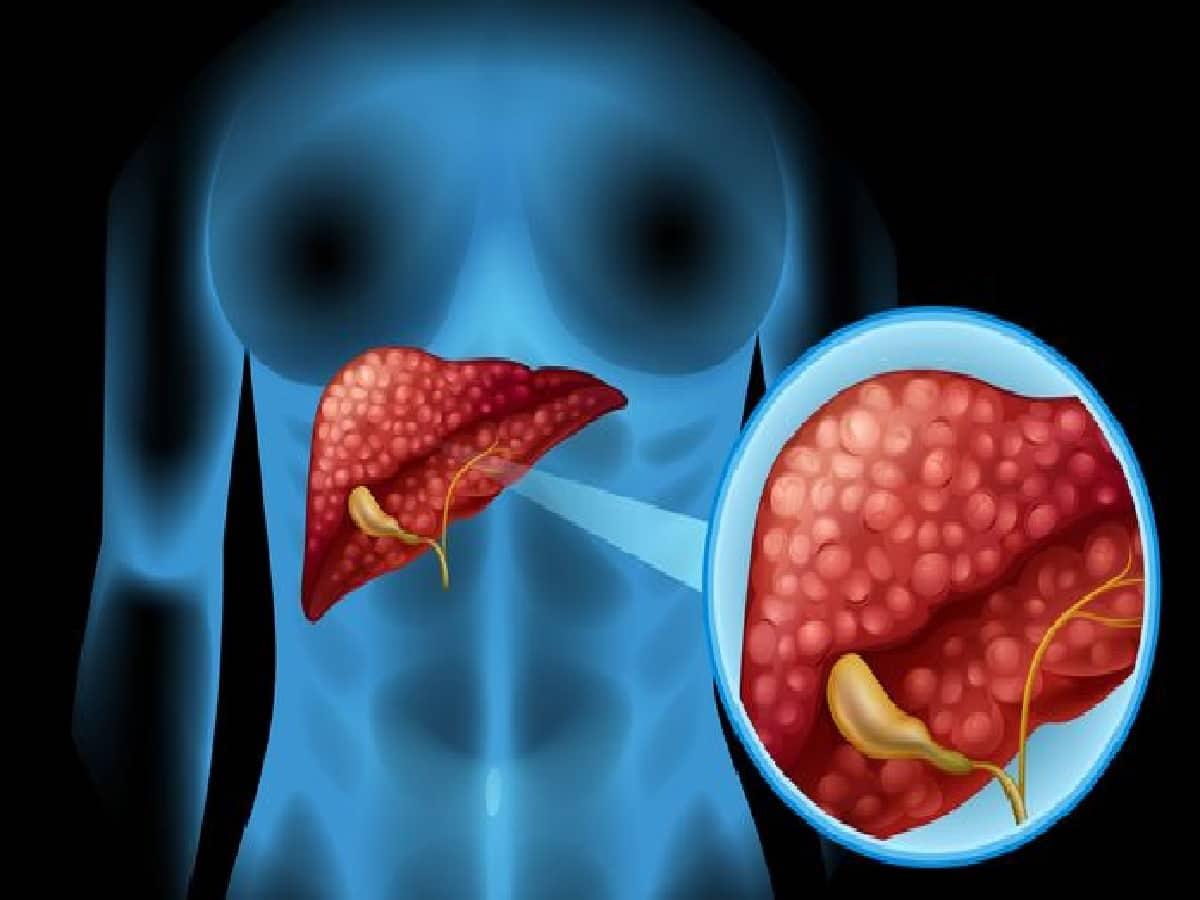By Dr. Susan Brown and Cameron Vazquez, MPH
Can Your Bones Benefit from Omega-3s?
Can Your Bones Benefit from Omega-3s? You’ve heard of omega-3s for brain health and heart health, but have you heard about omega-3s for bone health? Given the myriad benefits these crucial anti-inflammatory nutrients have on our health, it was only natural to explore whether these benefits extend to bone. And indeed, they do. Omega-3 fatty acids have been shown to reduce fracture risk and decrease bone loss, making them another key nutrient to support bone health.
Omega-3s and Fracture Risk – Can Your Bones Benefit from Omega-3s?
Numerous studies assert that omega-3s directly influence fracture risk in general and risk of hip fracture in particular.
A 2015 study (1) found that men who had the highest levels of polyunsaturated fatty acids (PUFAs), omega-3s, and EPA had the lowest risk of general fracture compared to men with the lowest levels of PUFAs, omega-3s, and EPA. The women in this study experienced a lower risk of general fracture when they had higher levels of PUFAs.
This study also found that daily fish oil consumption, a substance with high concentrations of omega-3s, during midlife reduced a woman’s fracture risk by 25% and a man’s fracture risk in late life by 36%.
Another study examining postmenopausal women found a similar trend when looking at hip fracture. In fact, the study asserts that the amount of α-linolenic acid (ALA), eicosapentaenoic acid (EPA), and total omega-3 polyunsaturated acids (PUFAs) in red blood cells is a major predictor of hip fracture. Higher levels of omega-3 fats were associated with a lower risk for fracture. (2)
Omega-6/Omega-3 Ratio and Fracture Risk
Many studies cite high levels of PUFAs as protective against bone. This includes both omega-6 PUFAs and omega-3 PUFAs. However, research has found that there is significance in the ratio of omega-6 PUFAs to omega-3 PUFAs. For instance, a study examining postmenopausal women found that a higher omega-6/omega-3 ratio predicts a higher risk for hip fracture. In fact, the participants with the highest n-6/n-3 suffered from double the hip fractures. (2)
It makes sense that a high omega-6 to omega-3 ratio would increase the risk of hip fracture. It is well known that having too many omega-6s compared to omega-3s contributes to a variety of serious inflammatory diseases such as heart disease, cancer, and autoimmune disorders. (3)
Omega-3s and Bone Mineral Density
Not only does data support that omega-3s dramatically reduce fracture risk, but also the research suggests that omega-3s directly impact bone mineral density. This is done by facilitating bone mineralization, reducing inflammation, and protecting against excessive bone breakdown. (4)
Bone mineral loss is the result of an imbalance between bone formation by osteoblast cells and bone resorption by osteoclast cells. Omega-3s can increase bone-building cell activity and reduce the activity of bone breakdown cells. One study even suggested that 4.5 to 6 grams per day of EPA and DHA can have curative effects on bone loss. (5)
Not only have the bone benefits of omega-3s been replicated in populations all over the world, including in South Korea (6), China (7), Spain (8), and Iceland (1), but they have also been seen in studies conducted by NASA on astronauts who have lived beyond our world. Astronauts lose bone because of the weightlessness they experience in space travel. On average, astronauts lose 1 to 1.5% of bone per month while living in space. (9)
To combat this bone loss, researchers investigated the effects of omega-3s and found that astronauts who consumed more fish (and therefore more omega-3s) suffered less bone loss following their return from 4- to 6-month space flights. (10)
Omega-3s and Steroid-Induced Osteoporosis
Glucocorticoids such as prednisone, are the main cause of secondary osteoporosis and osteoporosis before the age of 50. (11)
Reducing the damage to the bone from steroid medications is very important and a recent Russian study suggests that omega-3 fats can help. Although this was an animal study, it demonstrated that omega-3 fats can prevent bone loss from steroid use. This is most likely due to the anti-inflammatory actions of omega-3 fats. (12)
We look forward to more human studies, as well as newer and more innovative studies in the future to confirm these findings.
Better Your Bones with Omega-3s
Here at the Center for Better Bones, omega-3 fats rank amongst the important bone-building nutrients, as does the ratio of omega-6s to omega-3s. Now, with breakthrough technology, it is possible with a simple at-home blood spot test to get a comprehensive analysis to measure both your omega-3 fats and your omega-6 to omega-3 ratio, and to detect if you have toxic trans fats. Can Your Bones Benefit from Omega-3s?
References:
- Harris, T. B., et al. 2015. Plasma phospholipid fatty acids and fish-oil consumption in relation to osteoporotic fracture risk in older adults: The Age, Gene/Environment Susceptibility Study. American Journal of Clinical Nutrition 101(5):947-955.
- Orchard, T. S., et al. 2013. The association of red blood cell n-3 and n-6 fatty acids with bone mineral density and hip fracture risk in the women’s health initiative. Journal of Bone and Mineral Research 28(3):505-515.
- Simopoulos, A. P. 2006. Evolutionary aspects of diet, the omega-6/omega-3 ratio and genetic variation: Nutritional implications for chronic diseases. Biomedicine & Pharmacotherapy 60(9):502-507.
- Sharma, T. and C. C. Mandal. 2020. Omega-3 fatty acids in pathological calcification and bone health. Journal of Food Biochemistry 44(8):e13333.
- Fazelnia, F. and N. Khodabandehloo. 2019. Preventive and curative effect of omega-3 supplementation on bone mineral density in people aged 60 years and older: A systematic review. Internal Medicine and Medical Investigation Journal 4(1):9-15.
- Moon, H.-J., et al. 2012. Positive correlation between erythrocyte levels of n-3 polyunsaturated fatty acids and bone mass in postmenopausal Korean women with osteoporosis. Annals of Nutrition and Metabolism 60(2):146-153.
- Chen, Y. M., et al. 2010. Higher sea fish intake is associated with greater bone mass and lower osteoporosis risk in postmenopausal Chinese women. Osteoporosis International 21:939-946.
- Lavado-García, J., et al. 2018. Long-chain omega-3 polyunsaturated fatty acid dietary intake is positively associated with bone mineral density in normal and osteopenic Spanish women. PLoS ONE 13(1):e0190539.
- Stavnichuk, M., et al. 2020. A systematic review and meta-analysis of bone loss in space travelers. Npj Microgravity 6:article 13.
- NASA (National Aeronautics and Space Administration). 2010. NASA studies find omega-3 may help reduce bone loss. Science Daily 11 May 2010.
- Briot, K. and C. Roux. 2015. Glucocorticoid-induced osteoporosis. RMD Open 1(1):e000014.
- Elbahnasawy, A. S., et al. 2019. Protective effect of dietary oils containing omega-3 fatty acids against glucocorticoid-induced osteoporosis. Journal of Nutrition and Health 52(4):323-331.
Source: | Source









